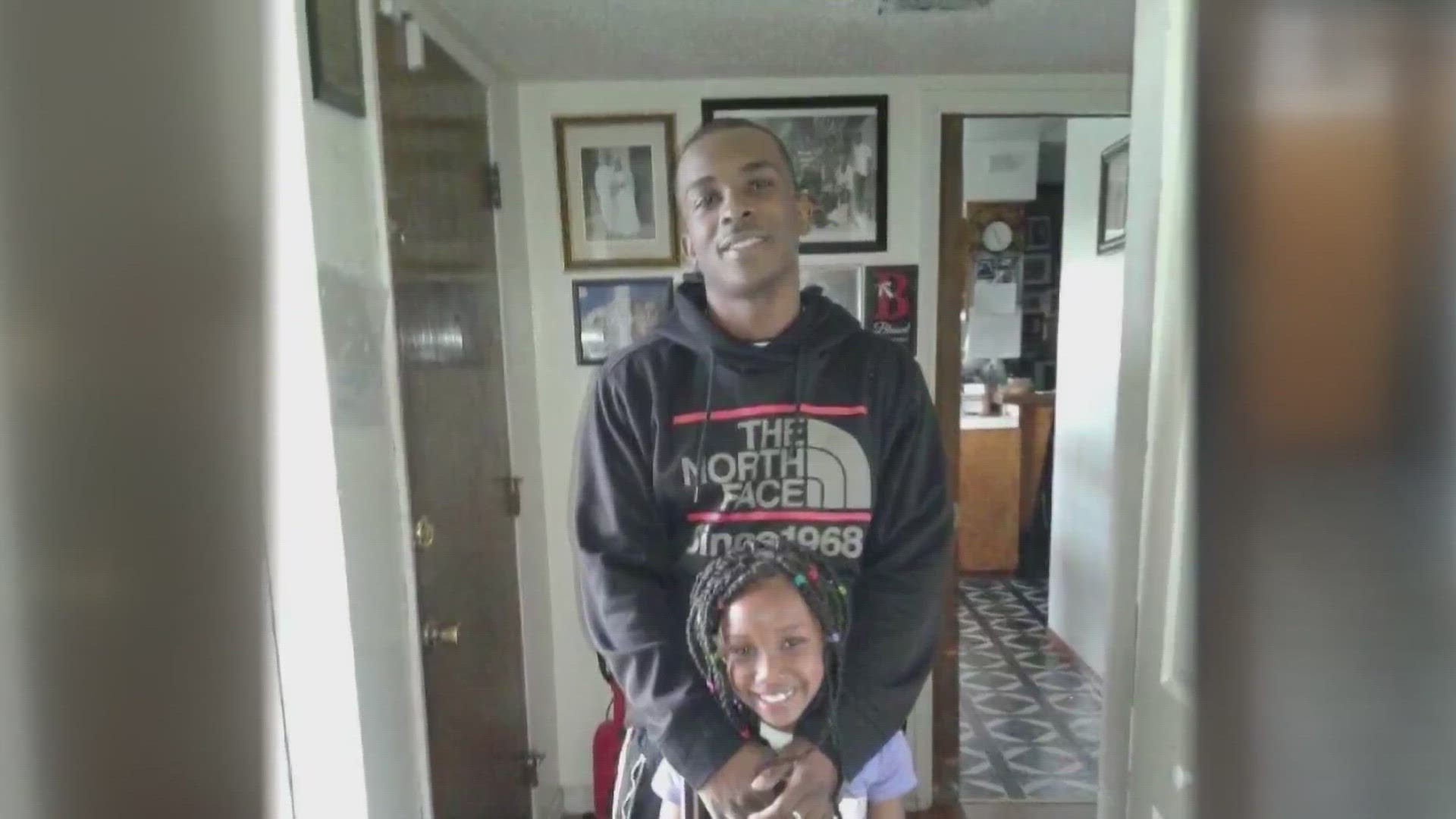SACRAMENTO, Calif. — March 18 marks five years since the Sacramento police shooting of Stephon Clark, and ahead of that day, his family continues their call for justice.
Massive protests were sparked by the police shooting of Stephon Clark, and demonstrators shut down the interstate and kicked off a cry for justice heard around the world.
Police had been chasing Clark following reports of someone breaking into cars. Officers said they believed he was armed, but found only a cell phone.
Governor Gavin Newsom signed AB293, also known as Stephon Clark's Law, authorizing officers to use deadly force only when necessary in defense of human life.
It set one of the highest bars in the nation for when police can kill, and all in response to Sacramento police officers shooting a 22-year-old father.
“Yes. I see progress," said Sequette Clark, Stephon Clark’s mother. "Slow progress is better than no progress, and it’s catching waves. I hear Stevante say all the time Governor Gavin Newsom said when California sneezes the rest of the world catches a cold. The rest of the world has caught the cold. Police will be held accountable.”
Stephon Clark’s mother points to the case of Sacramento’s own Tyre Nichols. Five black officers have been charged with second degree murder related to the Jan. 18 beating that led to his death three days later in Memphis.
"They can kill our baby, but they birth a legacy that they don’t even know is coming,” said Sequette Clark.
Over the last five years, the Clark family has celebrated the grand opening of Stephon's House, a new community resource center, and even welcomed a new charter school and Stephon Clark playground in their Meadowview community.
"You know, I’m emotional so I’m going to try to stay strong. It means so much that they really thought about my grandson,” said Sequita Thompson, Stephon Clark’s grandmother.
His grandmother says she no longer lives at the home where her grandson was shot and killed.
“I just miss him so much and his birthdays and what they’re doing for the legacy. It’s like sometimes, I think it’s a dream, a nightmare,” she said.
"We have to speak to people like you Chris Thomas on how to get our brother's story out there to let them know he was just some unarmed kid in his grandmother's backyard. He was a father. He was a friend. He was a brother," said Stevante Clark, Stephon Clark's brother.
“When I look back on how I got introduced to the scene, and how my brother's name kind of got out there and me jumping on the mayor’s desk and going on Don Lemon and protesting, what I see is a lot of passion but no real direction. I will still grieving," Stevante added. "I never had the time to grieve after the death of my brother. So we’re still hurt."
While he said the schools and playgrounds are nice, none of it brings his brother back.
"We pissed off more than ever before 5 years later. You know, you do something so bad a law must be created, yet the officers still work the streets. You do something so bad where the body camera policy has to be updated, yet the officers are still on the streets. You do something so bad where the foot pursuit policy has to be updated, and the officers who killed my brother are still on the streets," said Stevante.
"We love the legacy and all that, but we want justice and accountability on not some levels but all levels but we are sick and tired of being sick and tired," Stevante added.
He says a new state law and community outreach efforts are first steps.
“I think California sneezed when it came to the Stephon Clark law, but they did not catch the cold when it comes to the George Floyd Policing Act. And that’s what we want to see," said Stevante. "We want to see America catch a cold by passing that George Floyd Justice in Policing Act. Because if we don’t get rid of the qualified immunity and officers are not held accountable, these atrocities will continue to happen.”
WATCH ALSO:



















